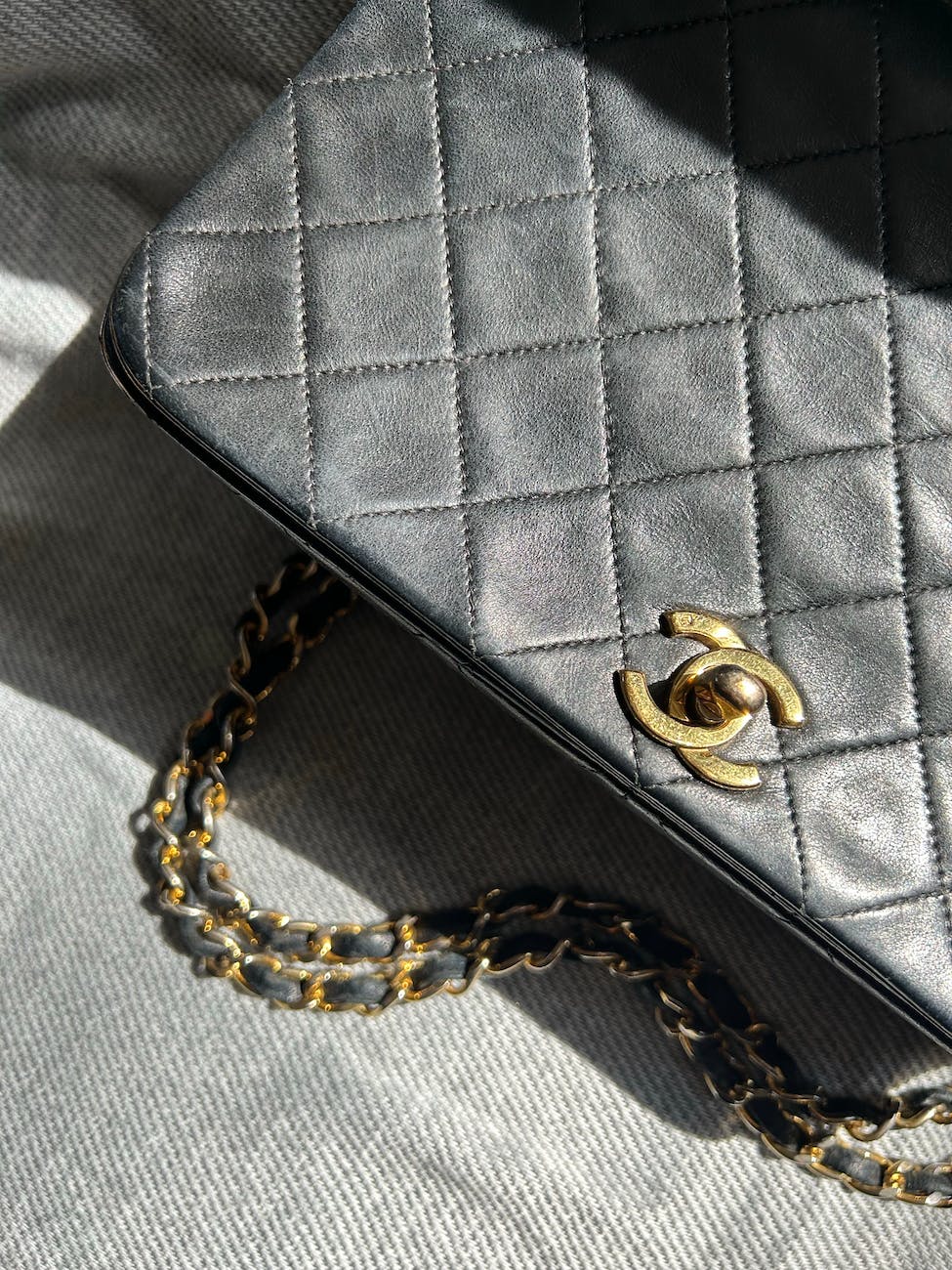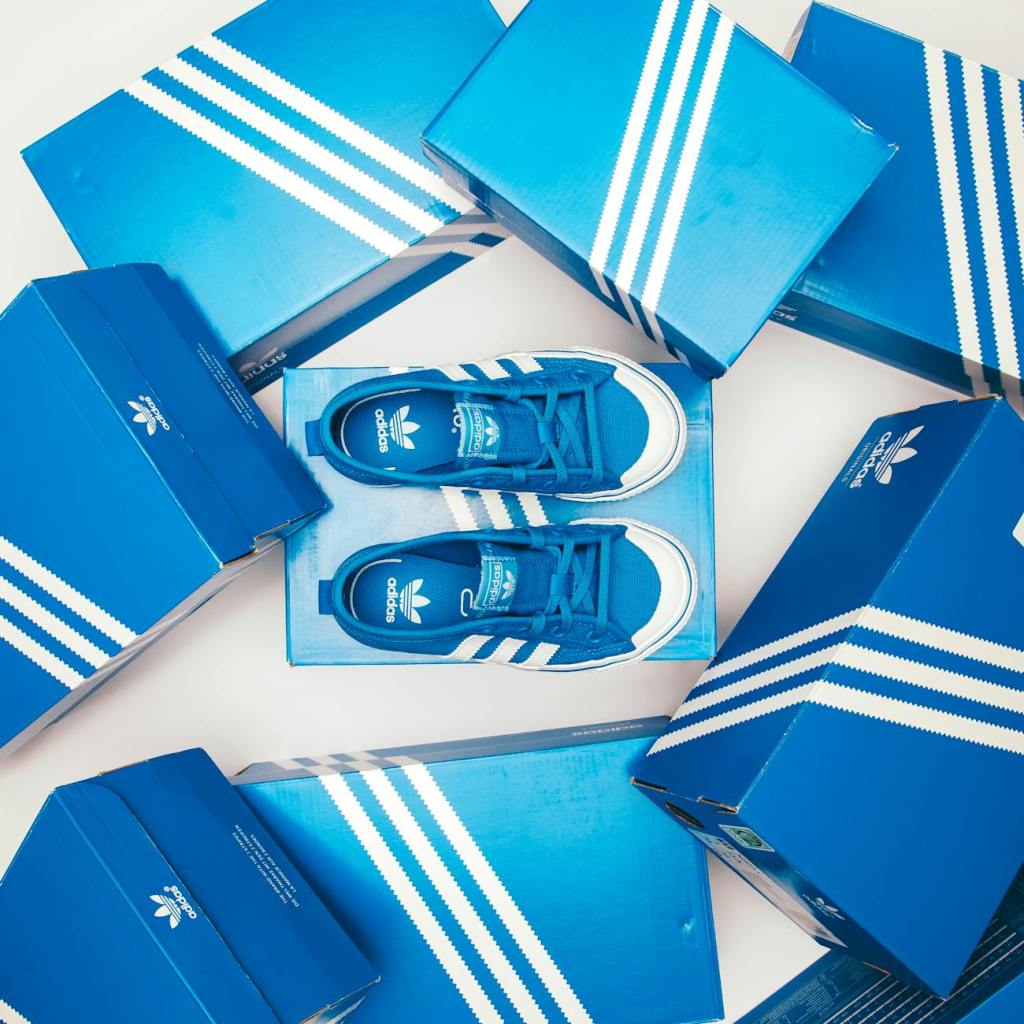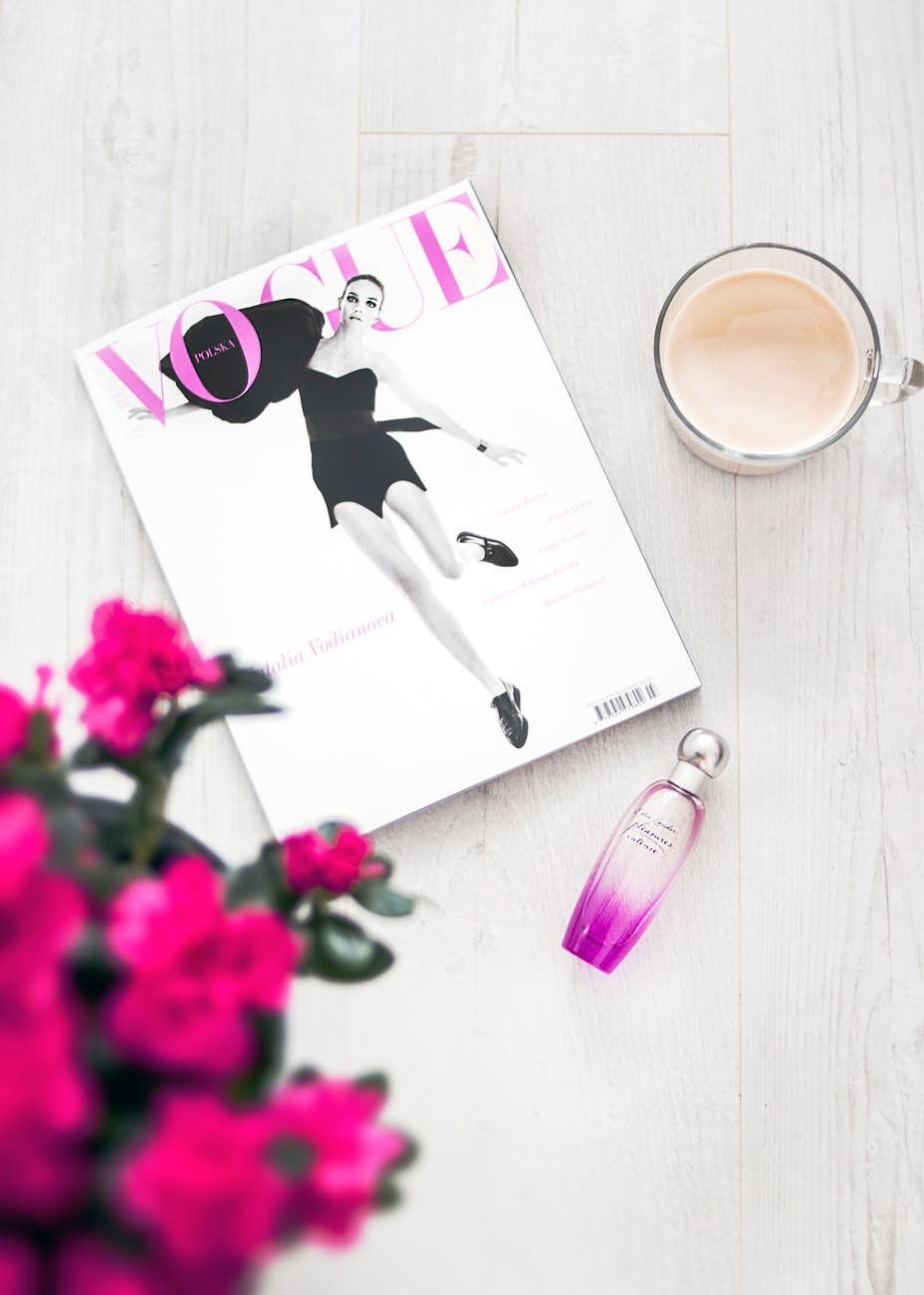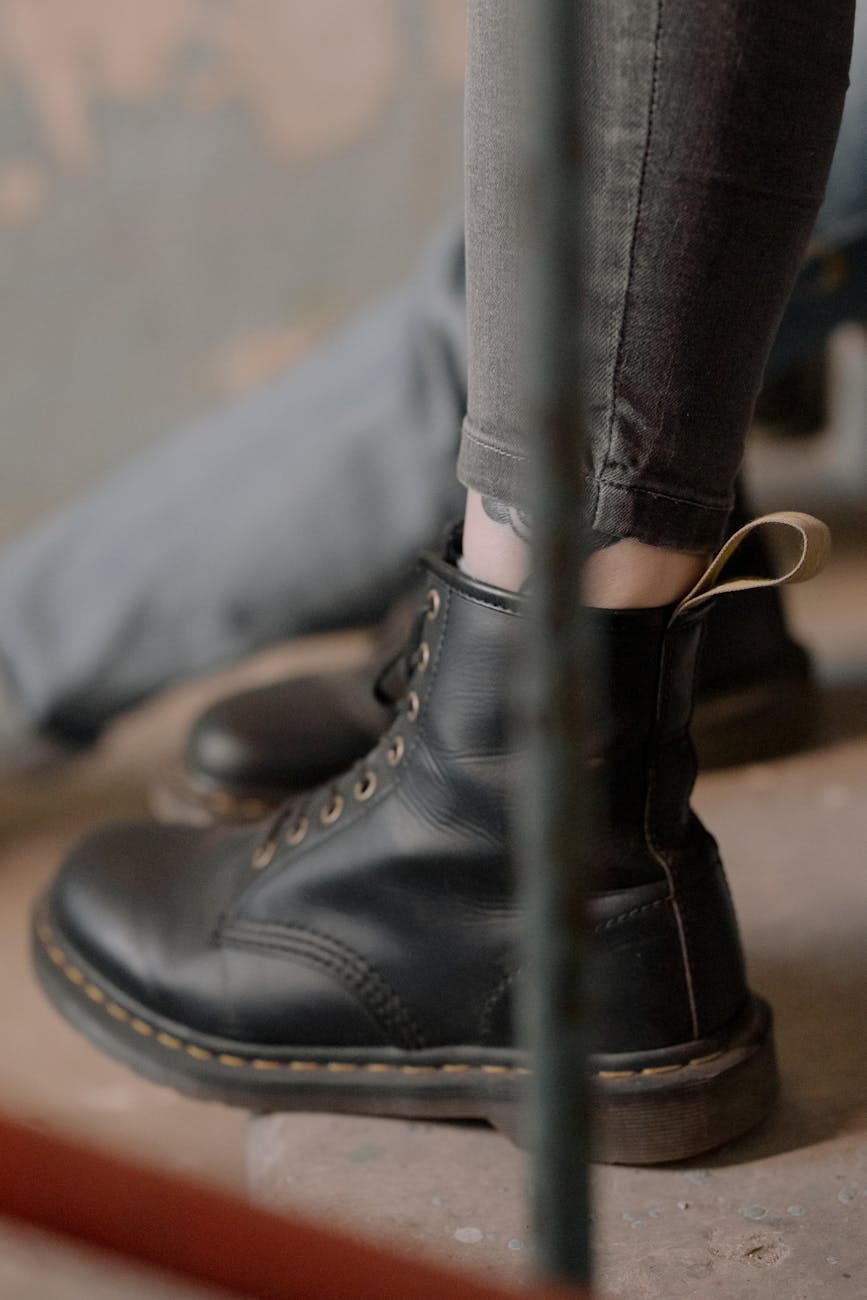Chanel has won its lawsuit against luxury reseller What Goes Around Comes Around in a judgment that will sound the alarm for fashion resell merchants across the United States.
The jury found against WGACA for trademark infringement, false association, unfair competition, as well as false advertising. It is believed that WGACA could face up to $23.2 million in damages for violations from 2014 to 2022.
Chanel argued that WGACA had been selling counterfeit bags associated with stolen serial numbers that Chanel had voided; had sold counterfeit bags with features not corresponding to authentic ones with legitimate serial numbers; and was selling non-genuine Chanel items that were not made for sale by the brand, such as display-only items. They also claimed that WGACA have been misleading consumers into believing that Chanel is directly affiliated with WGACA rather than simply referring to the Chanel trademark to identify it as the manufacturer of a product that it legally sells. In summary judgement it was noted that WGACA had run a promotion celebrating Coco Chanel’s birthday. The reseller had used several Coco Chanel quotes on its social media platforms including “Simplicity is the keynote of all elegance” which Chanel believed was to create the impression that WGACA is a partner or affiliate of Chanel or an authorized or approved retailer or distributor of Chanel products.
With increasing consumer awareness of both the ethical implications and the environmental impact that our fashion habits have on our planet and its inhabitants, interest in secondhand shopping has exploded in the last decade. Companies including The RealReal, Vestaire Collective and Rebagg, allow consumers to shop designer clothing at deep discounts, sell unwanted or ill-fitting clothing and track down discontinued items, all the while reducing their carbon footprint. As resale becomes the norm, demand is only expected to grow, and estimates put the value of the circular fashion industry at a staggering $700 billion industry by 2030.
It stands to reason that as we increase our consumption of secondhand clothing, we reduce our purchases of brand-new items of fashion. So far, so good. Unless that is, you are a designer brand whose business model is reliant on the idea of overconsumption and accelerated trend cycles. The rise in resale has also come at a time when the luxury market as a whole is experiencing soft demand as consumers cut back on discretionary spending amidst high inflation and rising interest rates.
A lawsuit seemed all but inevitable and it came as little surprise that Chanel, a brand for which exclusivity is so ingrained in its DNA that it doesn’t even sell its clothes and accessories online, was not in favour of its products being hawked by resale merchants.
Upon hearing the verdict, CEO and co-founder of WGACA, Seth Weisser stated that “We are incredibly disappointed with today’s verdict; however, the case is not over. The court has yet to hear post-verdict motions,” said following the verdict, promising further comment after the case is final.”





Leave a comment